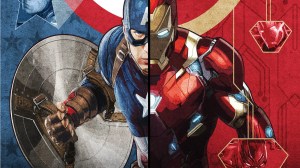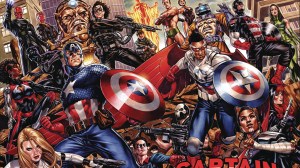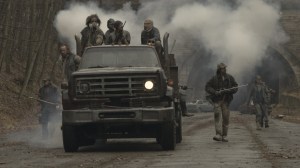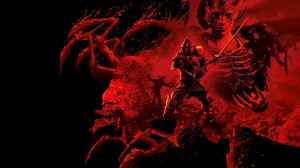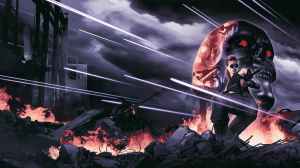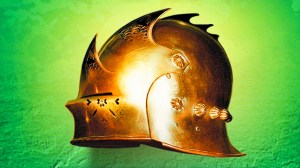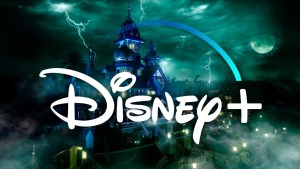Captain America: Civil War is often hailed as one of the best films in the Marvel Cinematic Universe, praised for its complex themes, thrilling action, and masterful balancing of a cast; a factor that could have easily led to a loss of focus on the central theme of the film. However, despite the generally positive reception from fans and critics, the film has a few threads that, upon closer inspection, become a bit frayed. While the core emotional conflict between Tony and Steve is rock solid, some of the plot mechanics and character decisions raise more questions than they answer. From a highly coincidental villain plot to a very surprising character choice, here are five things that still don’t quite add up.
Videos by ComicBook.com
1. Zemo’s Flawlessly Executed Plan
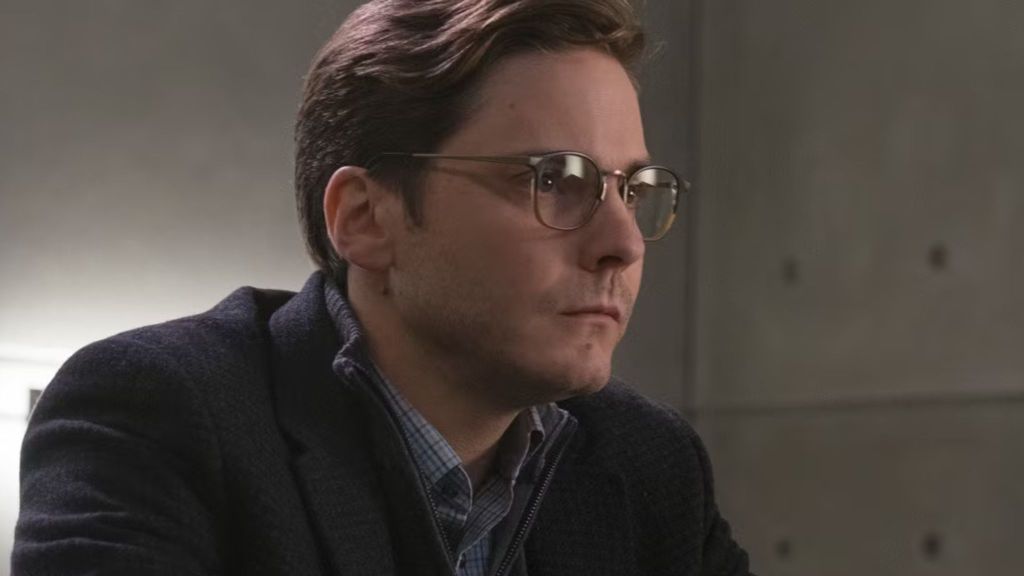
Helmut Zemo’s entire scheme to dismantle the Avengers hinges on a staggering number of variables that happened to align perfectly. His plan relies on Bucky Barnes being framed for the bombing, the Avengers dividing themselves over the Sokovia Accords, and both Tony Stark and Steve Rogers independently showing up at the same secret Siberian Hydra base at the exact same time. It’s a series of unbelievably lucky coincidences that even Zemo himself couldn’t have predicted with certainty.
His ultimate goal was to reveal the truth about the death of Tony Stark’s parents to destroy the Avengers from within. However, he had no guarantee that the video footage of Bucky killing the Starks would be intact or even accessible. His plan required a level of foresight and manipulation that goes beyond a mere man with a vendetta and an old file. It feels more like a screenplay convenience that requires quite a bit of suspended belief isntead of a truly plausible plot
The Absence of Thor and Hulk
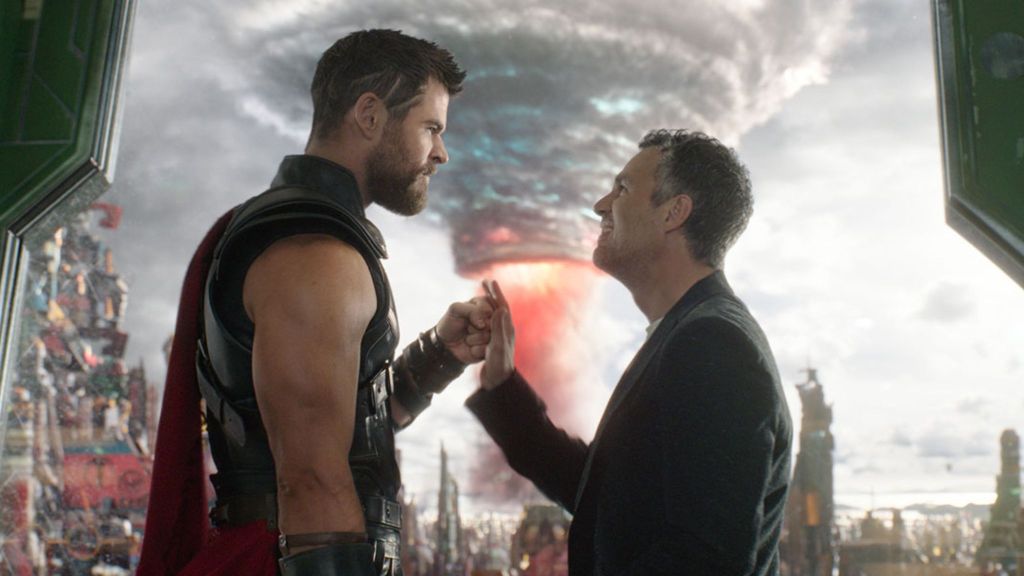
The film’s central conflict feels less like a “civil war” and more of a “petty squabble” when you consider two of the team’s most powerful members are conveniently missing. The movie explains that Thor is off-world and Hulk is nowhere to be found, but their absence is a massive plot problem. Their inclusion would have entirely changed the scope of the film, but their lack of presence makes the conflict feel less like a global crisis and more like an argument among friends who happen to have powers.
If Thor and Hulk had been involved, the entire premise would have been different. Would the Sokovia Accords even apply to a Norse god or an unstoppable rage monster? Would Tony have tried to get them to sign? Their presence would have forced a much more drastic confrontation, and the film sidesteps this entirely by simply removing them from the board, which stretches the limits of believability.
Ant-Man’s Reckless Decision
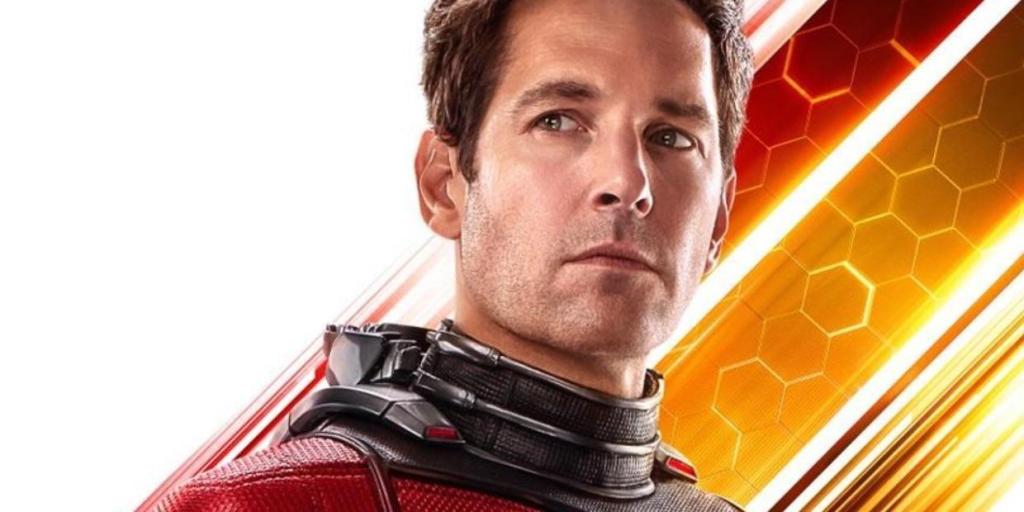
Scott Lang, a character whose entire motivation is to stay out of trouble due to his criminal record and to be a good father to his daughter, Cassie, makes a baffling choice in this film. He knows that violating the Sokovia Accords would make him a fugitive and put him in prison (again), jeopardizing his relationship with Cassie. Despite this, he jumps at the chance to join Captain America in a full-scale battle against the government.
While his admiration for Cap is clear, it’s a huge moral and personal gamble for a character so dedicated to his daughter. The resulting consequences—his imprisonment on the Raft—prove his fears were justified. His decision feels less like a heroic sacrifice and more like a massive misjudgment, especially given how much he values his freedom to see his child after being in jail once already.
Tony’s Inability to Understand Bucky’s Brainwashing and Torture

When Tony Stark finally sees the video of the Winter Soldier killing his parents, his rage completely overshadows his intellect. Despite having encountered and fought Bucky earlier in the film and knowing that he was a brainwashed assassin against his will for decades, Tony’s understanding of this fact seems to vanish when it’s revealed Bucky killed his parents. The logical part of his mind, which knows Bucky was not in control, is completely eclipsed by his emotional devastation.
Tony is an incredibly intelligent man who has dealt with mind control and its effects before, notably with Wanda Maximoff’s powers. Yet, he immediately disregards Bucky’s lack of agency in the murder and the fact that he was tortured since the 1940s at HYDRA’s hands and focuses solely on the result. The film prioritizes this emotional gut punch over a more logical character reaction from a man who should have been capable of separating the agent from the act.
The Forgotten Super Soldier Serum
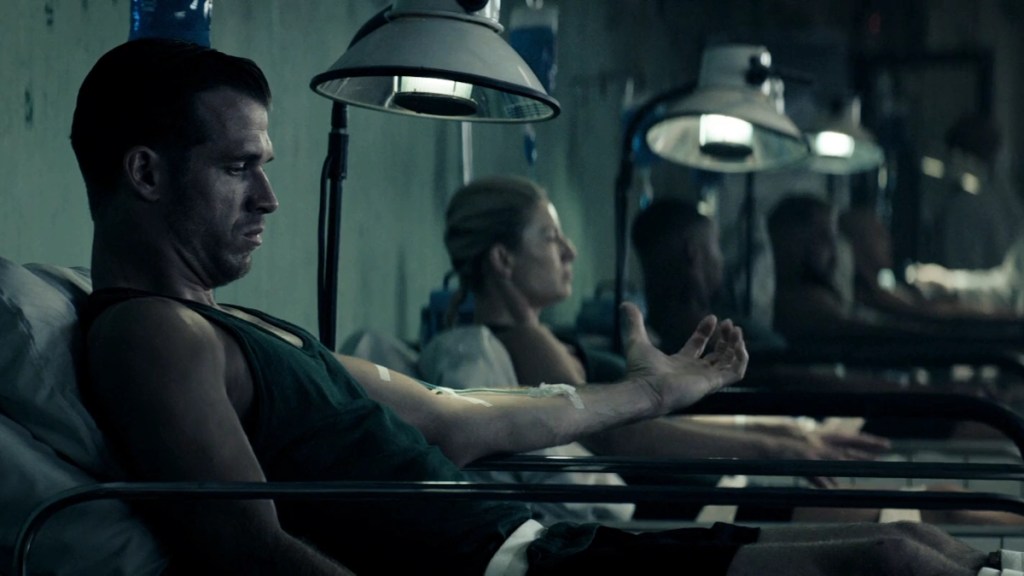
Zemo’s whole goal is to find and kill the remaining Winter Soldiers, which is tied to the Super-Soldier Serum with which they were injected. However, the film never truly explains the origin of this serum. It was previously established that Howard Stark was working on a replica of Dr. Erskine’s serum, but the movie never clarifies if the serum in the film is the same one used on Captain America or something completely different, and why Hydra was still experimenting with it in the present day.
The film treats the serum as a simple MacGuffin to drive the plot, but its nature is left vague. Audiences are told the serum is a dangerous source of power, but is never shown why it’s so different or what its properties are, beyond giving the soldiers super strength. This lack of detail makes the central conflict over the serum less impactful, as its significance is never fully established for the audience.

